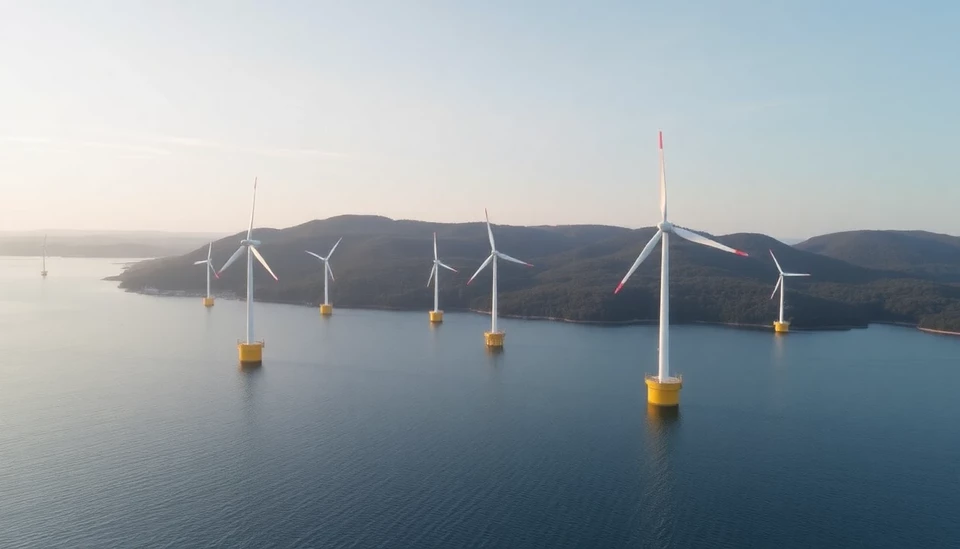
In a significant milestone for renewable energy, developers have successfully secured leases for floating wind farm projects off the coast of New England. This move is part of a broader initiative to tap into the region's abundant offshore wind resources, reflecting a growing commitment to sustainable energy solutions amidst escalating climate concerns.
The recent leases were awarded by the Bureau of Ocean Energy Management (BOEM), with an aim to bolster the United States' position in the competitive offshore wind industry. The organizations granted these leases are set to embark on ambitious plans that promise to not only enhance energy production but also create thousands of jobs in the process.
Analysts have heralded this development as a watershed moment for the U.S. offshore wind sector, which has historically lagged behind Europe. With the tidal wave of investments and increased governmental support, New England is poised to emerge as a leader in renewable energy innovations. The floating wind farms will be particularly beneficial in deeper waters, where traditional structures may not be feasible.
Future plans for these floating wind farms include advanced technologies that allow for larger turbines to be installed, thus maximizing energy output. This strategy aligns with the U.S. government's goals to achieve net-zero emissions by 2050, ensuring a more sustainable energy future.
The selected developers have expressed enthusiasm about the project’s potential. They emphasize that these floating structures will not only contribute to the energy grid but will also help mitigate the impacts of climate change by reducing reliance on fossil fuels.
Local stakeholders are optimistic as well, seeing the leases as an opportunity for economic revitalization in coastal communities. The influx of investment is expected to positively impact local economies, fostering growth in sectors such as manufacturing, logistics, and maintenance services associated with the offshore wind industry.
In addition to the economic benefits, the environmental impact of transitioning to renewable sources like wind power is significant. Floating wind farms can reduce carbon emissions substantially, providing a cleaner alternative to traditional energy sources. This initiative aligns with Massachusetts and the broader New England region's ambitious climate goals, which include a commitment to significantly reduce greenhouse gas emissions in the coming decades.
In conclusion, the successful acquisition of these leases marks a crucial step towards realizing New England's floating wind energy potential. These projects signify a forward-thinking approach to energy production that prioritizes sustainability while addressing the pressing need for economic recovery and job creation in the region.
As developments unfold, stakeholders and the public alike are keen to witness how these floating wind farms will reshape the energy landscape of New England and contribute to the overall fight against climate change.
#floatingwindfarm #renewableenergy #NewEngland #climatechange #jobcreation #sustainability #offshorewind #cleanenergy
Author: Peter Collins




